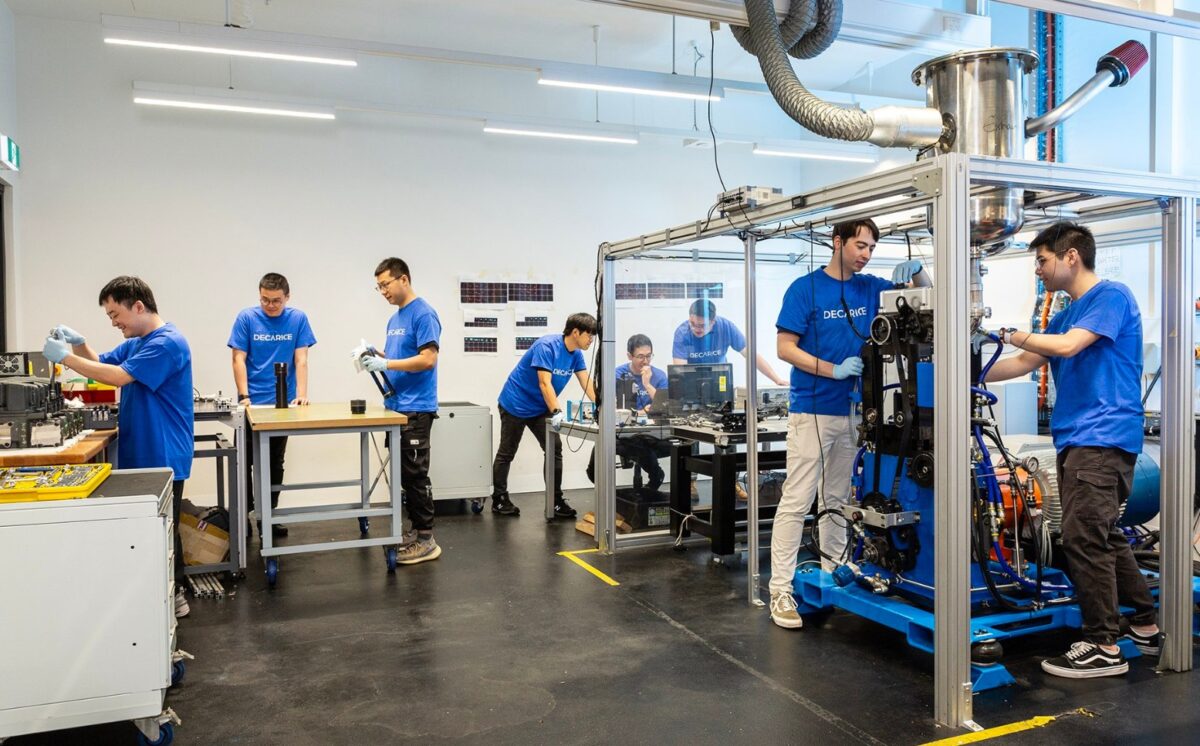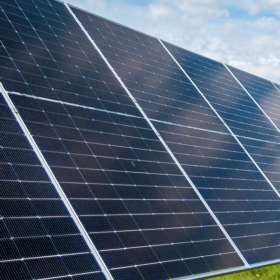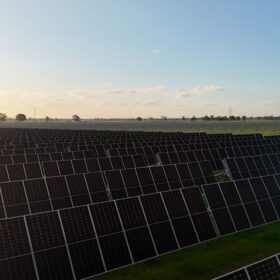Six renewable energy and related industry University of New South Wales’ (UNSW) researchers are recipients of the latest round of Australian Economic Accelerator (AEA) Ignite grants, to help commercialise their early-stage research, which prioritised critical and strategic mineral processing, sustainable fuels, artificial intelligence and advanced manufacturing.
School of Minerals and Energy Resources Engineering Senior Lecturer Dr Rahman Daiyan received $498,500 (USD 313,000) for his patented electrolyser system known as OzAmmonia, that generates renewable ammonia from harmful gasses known as ‘waste NOx’.
“OzAmmonia has the potential to generate ammonia as a clean fuel and fertiliser from existing NOx sources, including mining, transportation, large-scale power generation, and shipping,” Daiyan said.
“The funding from the Australian Economic Accelerator is instrumental in expediting the next stage of commercialisation of the OzAmmonia technology, which to be taken to market, requires an integrated system that goes beyond the laboratory prototype.”

Image: OzAmmonia
Other projects successful in the grant round included an advanced inspection of next-generation solar cells: integrating novel characterisation methods with artificial intelligence (AI) developed by UNSW School of Photovoltaic and Renewable Energy (PRE) Engineering’s Dr Shuai Nie who was awarded $198,883.
Also from the School of PRE, Ryan Hall received $198,743 for advanced imaging analysis by AI for solar farm damage and degradation measurement.
Dr Rui Zhang from the School of Systems and Computing at UNSW Canberra received $199,052 for health status estimation and resilient closed-loop supply chain for retired electric vehicle batteries.
Professor Seher Ata from the School of Minerals and Energy Resources Engineering at UNSW Engineering received $405,326 for strategic and critical minerals recovery using a novel acoustic flotation technology.
Lastly, Dongchan Kim from the School of Mechanical and Manufacturing Engineering received $190,000 for innovative high-pressure hydrogen injection technologies for diesel vehicle retrofit solutions.
In total the university received $8.2 million (USD 5 million) in the funding round.
UNSW Deputy Vice-Chancellor Research and Enterprise Professor Bronwyn Fox, said the grants will support the translation of pioneering UNSW research into impact, ranging from critical developments in medicine to innovations in AI applications.
“The number of UNSW projects selected for funding reflects the deep and broad expertise of our researchers who will develop new technologies to support Australia’s national interests.”
This content is protected by copyright and may not be reused. If you want to cooperate with us and would like to reuse some of our content, please contact: editors@pv-magazine.com.









By submitting this form you agree to pv magazine using your data for the purposes of publishing your comment.
Your personal data will only be disclosed or otherwise transmitted to third parties for the purposes of spam filtering or if this is necessary for technical maintenance of the website. Any other transfer to third parties will not take place unless this is justified on the basis of applicable data protection regulations or if pv magazine is legally obliged to do so.
You may revoke this consent at any time with effect for the future, in which case your personal data will be deleted immediately. Otherwise, your data will be deleted if pv magazine has processed your request or the purpose of data storage is fulfilled.
Further information on data privacy can be found in our Data Protection Policy.